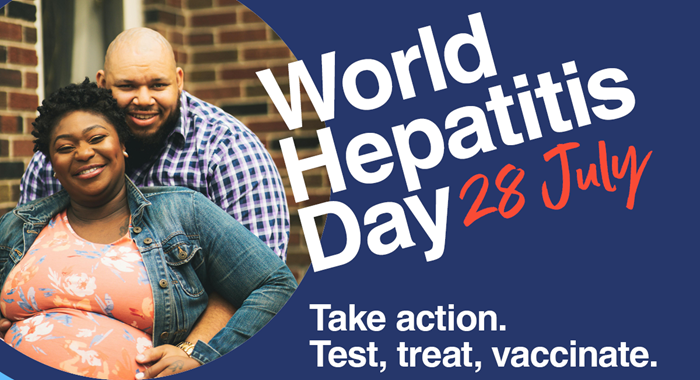Sierra Leone’s Ministry of Health today joined the global community in observing World Hepatitis Day, highlighting the critical issue of hepatitis in the country.
According to the Ministry, hepatitis B and C are the most prevalent forms of the disease in Sierra Leone, leading to significant health and economic burdens.
Approximately 1.1 million people, or 13.8% of the population, are living with chronic hepatitis B, while the prevalence of hepatitis C is also alarming. The disease is causing a ripple effect, with families losing breadwinners, healthcare costs surging, and overall productivity declining.
The Ministry emphasized the challenges in combating hepatitis, including limited access to testing and treatment services, as well as a strained healthcare infrastructure. Despite these obstacles, there is a commitment to improving prevention and treatment through vaccination programs, awareness campaigns, and increased access to antiviral therapies.
The Ministry called on citizens to get tested for hepatitis, get vaccinated against hepatitis B, and practice safe hygiene measures. They also urged for increased collaboration between government, healthcare providers, civil society, and the media to raise awareness and mobilize resources for the fight against hepatitis.
While financial constraints have limited large-scale events, the Ministry assured the public of its continued commitment to combating hepatitis through various media channels. They also extended an invitation to partners and stakeholders to join the efforts to eliminate hepatitis by 2030.
The Ministry concluded by emphasizing the urgency of the situation, stating, “Hepatitis can’t wait, and neither can we.”












Good goes to the ministry of health how can a person get the vaccine
Am a victim of the disease with B, viral rate. But how can I get treated with it? I have to the Government hospital many times without getting the diagnosis with the vaccine. How shall we get the treatment; papa, ministry of health?
Am also a victim , I want to know how one can get access to the vaccine